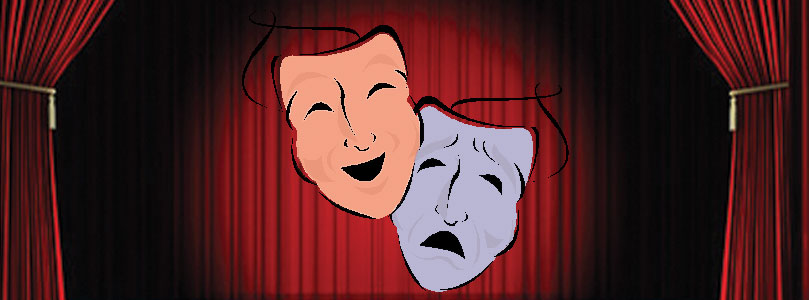More to a Bridge than a Stage
The hopes of theater director Oskar Eustis that his art form can unite the country are certainly laudable:
Eustis said he eventually came to recognize a serious problem as hundreds of thousands of people from across the country boycotted “Hamilton” over the incident involving Pence.
The boycotters weren’t people who were going to see “Hamilton,” a musical about the life of founding father Alexander Hamilton, anywhere close to where they lived, he said.
“They weren’t boycotting us,” Eustis said. “We had already boycotted them.”
Eustis looked at the country’s blue and red political map.
“Wherever there’s blue,” he said, “there’s a nonprofit theater, and everywhere there’s red, there isn’t.”
Theater in the United States, a major source of culture, has already shown its ability to take “marginalized groups” and place them center stage in a way that validates and empowers people by letting them see themselves on stage,” said Eustis.
There is something more magical, more personal, about stage productions than other forms of entertainment. Seeing a show seems like a special occasion, and the desire for that sort of interaction and experience is universal.
The key will be whether folks like Eustis are able to see how contextually dependent their buzzwords like “marginalized groups” are. Who marginalized by whom?
People don’t want to see themselves on stage. They want to empathize with the characters they see. They don’t want a mirror. They want to see themselves in somebody who is not them. We don’t crave our reflections; we crave connections.
I’d propose that a big reason for Eustis’s finding about missing nonprofit theaters is that the theater world does not produce the sort of content that would appeal to people in some areas. If there are things they want to see, theaters will pop up to supply that content.
Bridging that gap is going to require much more than one-off efforts to promote theater in under-served markets. It’s going to require more, as well, than a handful of plays with content that progressives are comfortable presenting to non-progressives.
It’s going to require more opportunity for people who don’t share the theater’s seemingly monolithic ideology to use its methods to convey their own messages — their own selves.




